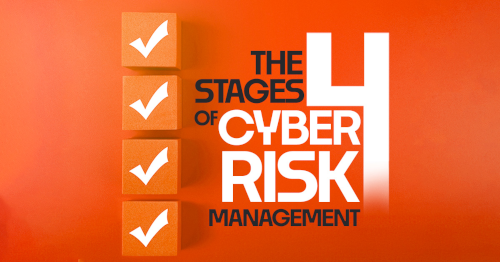Internet Crime Complaint Center Releases Business Alert
Report cites 136% increase in lost business assets
On Friday the 13th, the Internet Crime Complaint Center (IC3) released a Public Service Announcement. The announcement warns of the risks businesses face from Business Email Compromise (BEC) and Email Account Compromise (EAC). From October 2013 to May 2018, IC3 tracked over 78,000 reports of BCE/EAC that resulted in losses over 12 billion dollars US.
What is Business Email Compromise?
Email compromise is a sophisticated scam that targets businesses and individuals. A cyber-criminal gains unauthorized access to a business e-mail account. Social engineering tactics trick the recipient into transferring funds.
The scam may not always involve a request for transfer of funds. Others trick the recipient into disclosing personal information or wage and tax information.
How to avoid Business Email Compromise
- Be suspicious of unsolicited phone calls, visits, or email messages from individuals asking about employees or other internal information. If an unknown individual claims to be from a legitimate organization, try to verify his or her identity directly with the company.
- Do not provide personal information or information about your organization, including its structure or networks, unless you are certain of a person’s authority to have the information.
- Do not reveal personal or financial information in email, and do not respond to email solicitations for this information. This includes following links sent in email.
- Don’t send sensitive information over the Internet before checking a website’s security.
- Pay attention to the URL of a website. Malicious websites may look identical to a legitimate site, but the URL may use a variation in spelling or a different domain (e.g., .com vs. .net).
- If you are unsure whether an email request is legitimate, try to verify it by contacting the company directly. Do not use contact information provided on a website connected to the request; instead, check previous statements for contact information.
- Install and maintain anti-virus software, firewalls, and email filters to reduce some of this traffic.
- Take advantage of any anti-phishing features offered by your email client and web browser.
If you believe you might have revealed sensitive information about your organization, report it to the appropriate people within the organization, including network administrators. They can be alert for any suspicious or unusual activity.














No Comments